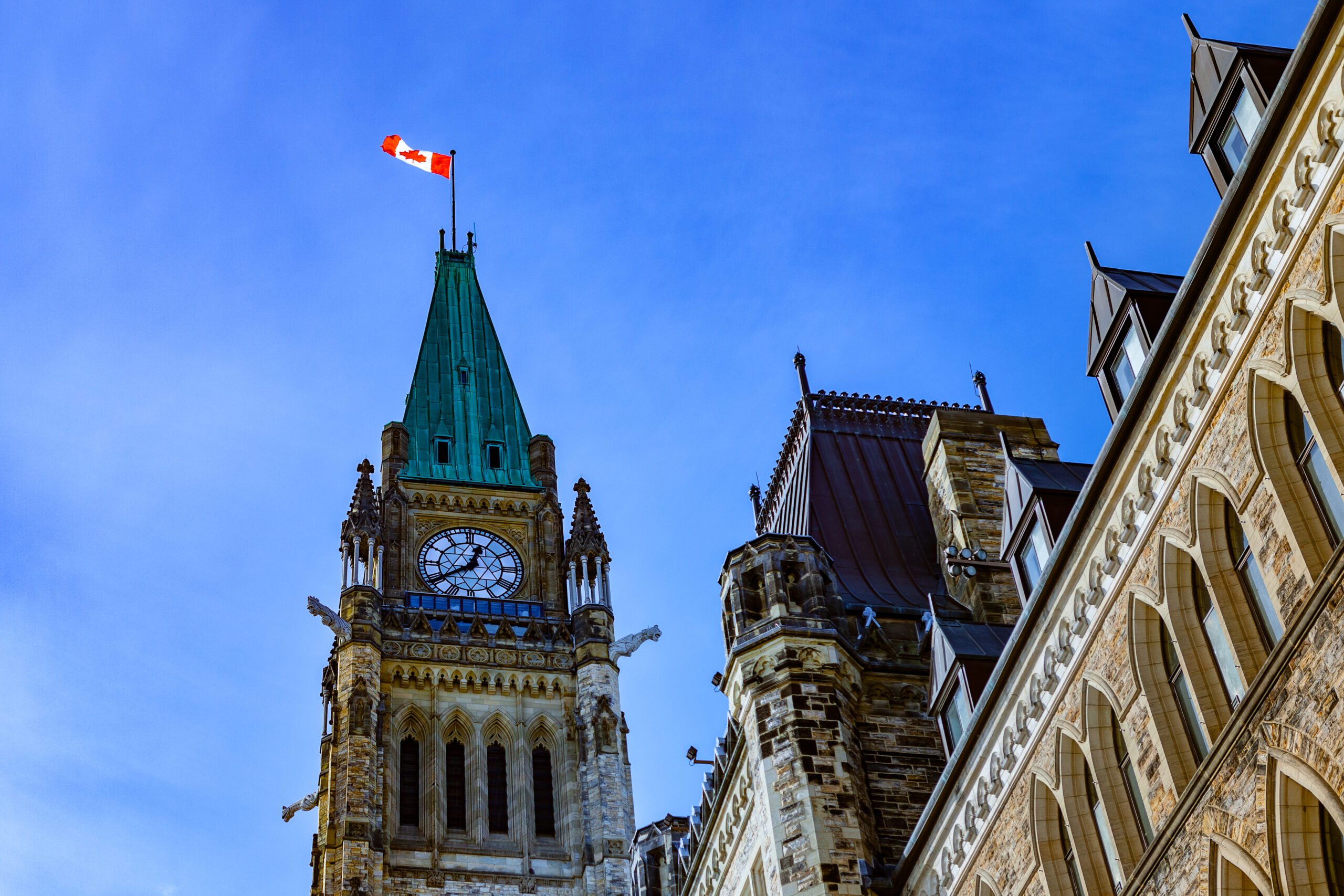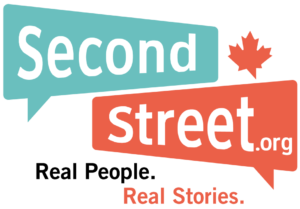REPORT: Many Government Policies Increase Emissions

A new report by think tank SecondStreet.org shows 23 examples of how government policies often lead to higher emissions. The examples span all three levels of government and cover a wide array of areas – from alcohol sales and pipelines to the aviation sector.
“Governments often urge Canadians to reduce their emissions, but many government policies actually force Canadians to emit more,” said SecondStreet.org Communications Director James Skinner. “For example, many provinces often don’t allow consumers in large cities to purchase alcohol and their groceries in the same store. This often leads to consumers having to drive to two different locations instead of one. There are lots of examples like this that add up.”
Some examples from the report include:
- Medical tourism – Restrictions on private health care in Canada often lead to patients driving and flying to other countries, leading to higher emissions. In 2017, Canadians made over 217,500 trips abroad for private health care.
- Obstructing LNG – Natural gas produces roughly half the emissions of coal. While Canada could develop and export more liquefied natural gas (LNG) to help other nations stop using coal, government barriers have held back this emissions-reducing opportunity.
- Excessive government travel – Canada routinely sends large numbers of government officials to attend climate change conferences in faraway destinations. Videoconferencing tools could help drastically reduce the size of Canadian delegations.
- Roundabouts – Incorporating more roundabouts in Canadian cities could help reduce emissions compared to standard four-way stops.
- Alcohol sales – Need a bottle of wine and some groceries? Archaic government rules often mean consumers have to travel to two different stores to purchase these items.
If all three levels of government conducted more extensive reviews of their own policies, SecondStreet.org expects even more examples could be identified.
To view SecondStreet.org’s policy brief – click here
You can help us continue to research and tell stories about this issue by making a donation or sharing this content with your friends. Be sure to sign up for our updates too!


